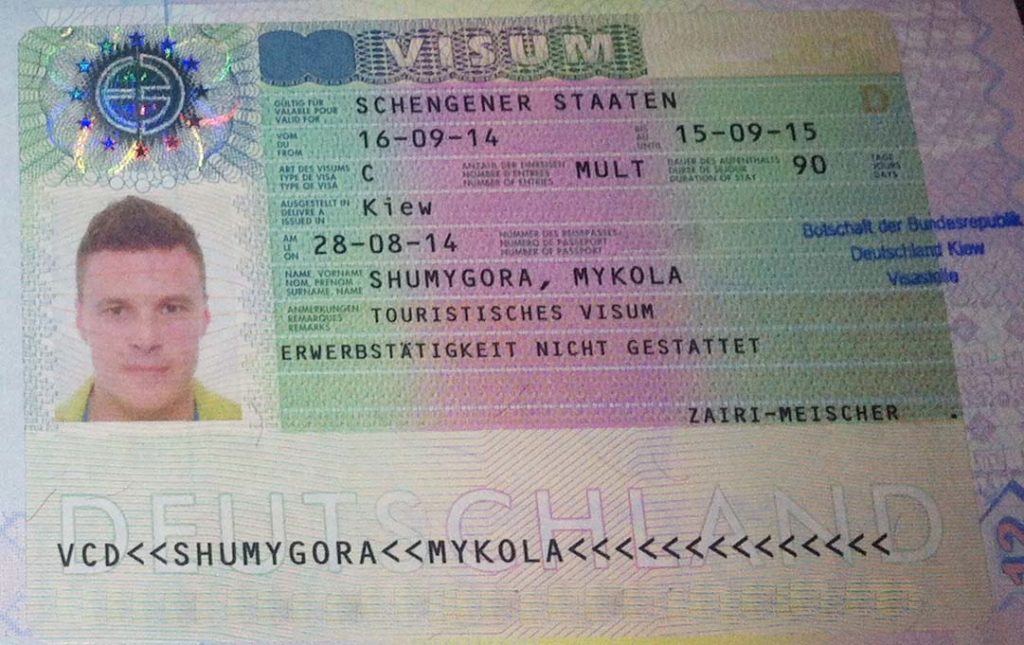Schengen Visas are one of the most sought after Visas, given the 26 countries which are signatories of the Schengen treaty across Europe allow for access to their countries on the back of one visa issued by any one of their member countries. However, for long, the Schengen Visa regime was very restrictive, with only France, Netherlands and Germany giving some respite to applicants with longer-term visas. New Schengen Visa Rules 2020 are however now in effect which change this entire situation for the better.

As of February 2, 2020, however, an updated Schengen Visa code has come into effect. This updated Schengen Visa rulebook has many new provisions, including a visa fee hike and a provision for longer-term visa issuance. Here is a look into everything that has changed.
Visa Fees now at 80 Euros for all applicants
The earlier visa fees were €60 per applicant, which has now been increased to €80. On the other hand, there were reduced fees applicable to children and some other categories, with the charges being lowered to €35. Those applicants will now pay €40. Children up to 6 years old will still be processed free of charge. Additionally, Visa fees will be reviewed every three years from now on.
This is the first time in fourteen years that the visa fee has been revised, and the charge continues to be lesser than many other countries.
Application forms can be signed and submitted electronically
The EU has instructed the Member States to allow applicants to complete and submit application forms electronically, where possible. This means less ‘paper’ work and more in line with the times. Let’s hope all the many documents will also be collected electronically in the future.
Apply six months before a trip
Longer-Term visa benefits for frequent travellers
Frequent travellers to the Schengen Area will be able to get a multiple-entry visa valid for up to five years, as long as they have a positive visa history.
- They have lawfully used their previous visas
- They demonstrate a good economic situation in the country of their origin
- They display a genuine intention to leave the Schengen Area before the expiry of the visa for which they have applied.
As per an example shared with PTI, an applicant who has obtained and used correctly three visas within two years would be granted during this period a multiple-entry visa valid for one year. An applicant who has received and used a multiple-entry visa of one year would be granted (if applied within two years) a multiple-entry visa valid for two years, they explained. An applicant who has obtained and used a multiple-entry visa of two years would be granted (if applied within three years) a multiple-entry visa valid for five years, the official added.
Bottomline
This is great news for travellers to the Schengen Visa zone from all 104 countries, including Indians, who were the third most significant pool of applicants for Schengen Visas. I also like the graded implementation of longer-term visa issuance, which should benefit many who end up having to apply again and again due to business or other travel purposes.
What do you make of the new Schengen Visa Rules 2020 and how does it benefit you?


Hi Ajay, the issuance will also vary case by case, I can cite my own example. Had applied for Schengen area visas 4 times in 2 years, twice to ESP and twice to NED, 3 times being granted a multiple entry shortest time period visa, and ending up with a 5 years visa on the 4th application. This was in Oct last year.
Whether Canadians also need to pay fee for getting Schengen visa?
Thanks for the update.
VISA can be applied 6 months before is good for planning!!!